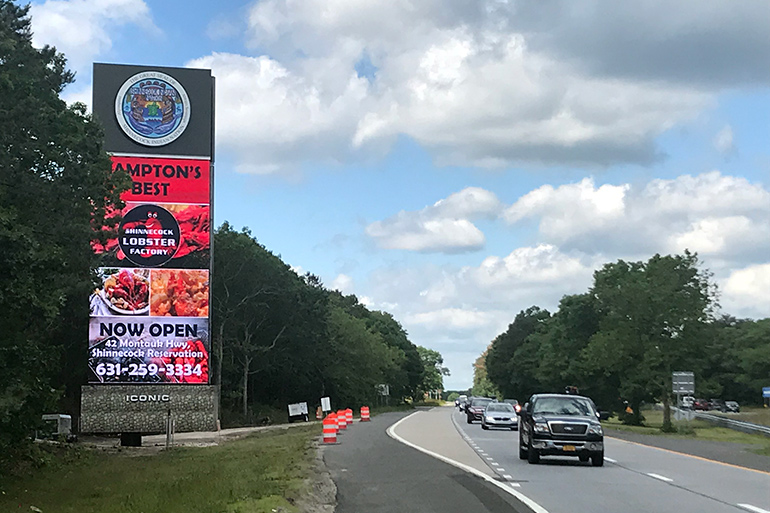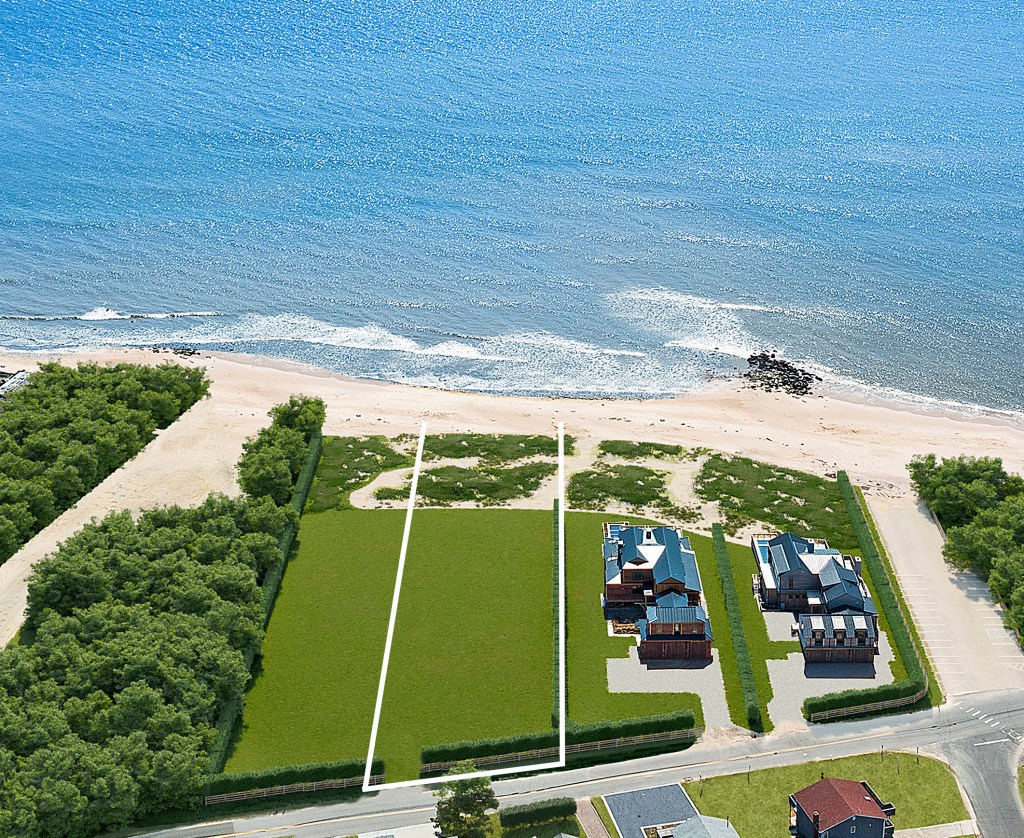A Sense Of Urgency

On one hand, the state, county, and local governments have done a tremendous job identifying the problem, putting aside funds to deal with it, and coming up with new technology to improve the effectiveness of our septic systems. But we are staring at a 50-year plan to address the nitrogen-loading problem.
If only our forefathers had the wisdom and vision to understand what we were doing to our drinking water supply and our waterways.
It wasn’t long ago that our “modern” roads and highways were designed to route rainwater — and all the pollutants — off the roads and into our bays and inlets. Sewers were installed with little thought to their effectiveness or placement.
Entire neighborhoods, from Montauk through the Promised Land, in Springs and Noyac, North Sea and Hampton Bays, Westhampton, along the river in Riverhead and numerous neighborhoods on both shores of Southold Town, are riddled with ineffective septic systems, some that empty directly into our swimming areas, other that leach directly into our precious drinking water supply. They are buried, away from our thoughts, so we can choose to pretend each of us isn’t a part of this toxic problem.
More to the point, and we get this — few property owners have the financial stability to replace their units with state of-the-art solutions. Most of us can always find something more pressing on which to spend our hard-earned pay, be it on tuition, a car, health insurance, and so on.
The time for drastic measures is upon us. Almost every homeowner that has a multimillion-dollar house, especially those south of the highway and near or on the bay, can come up with enough money to do something about it. Our towns should mandate cesspool replacement for every property that needs one at the homeowners’ expense. Now.
The rest of us have some grants and tax breaks available. What we need areloans, 100 percent if needed, monies divvied out according to income. Tax breaks could offset some of the repayment woes.
Installations should be bid out for the best possible price. Jobs should be prioritized, with those directly polluting the bays and ponds first on the list.



